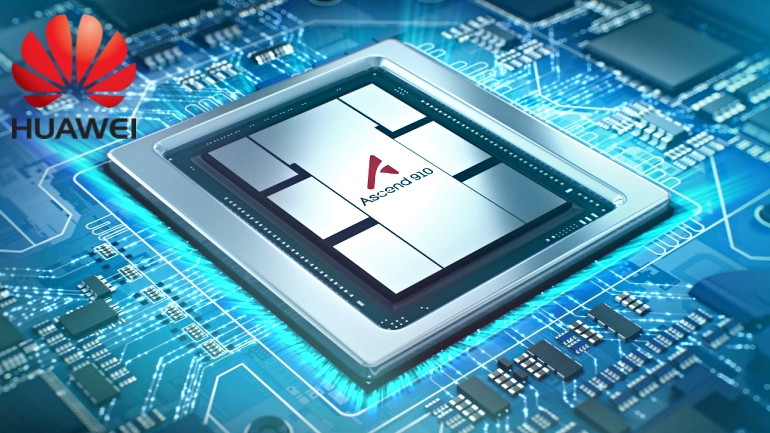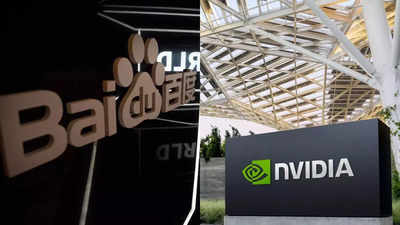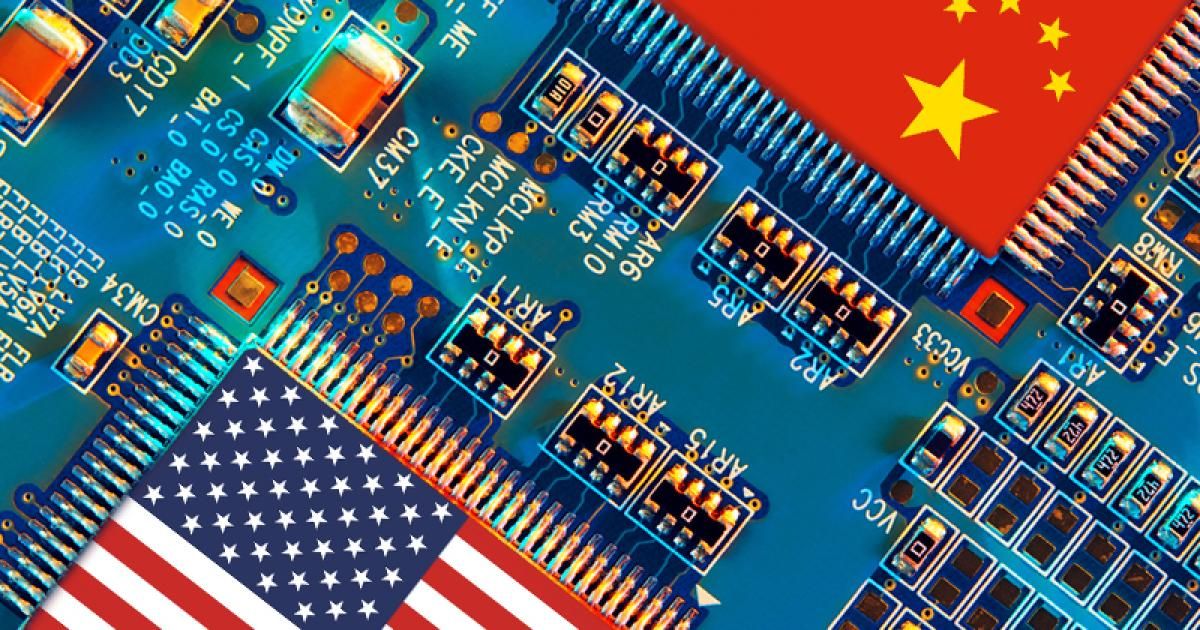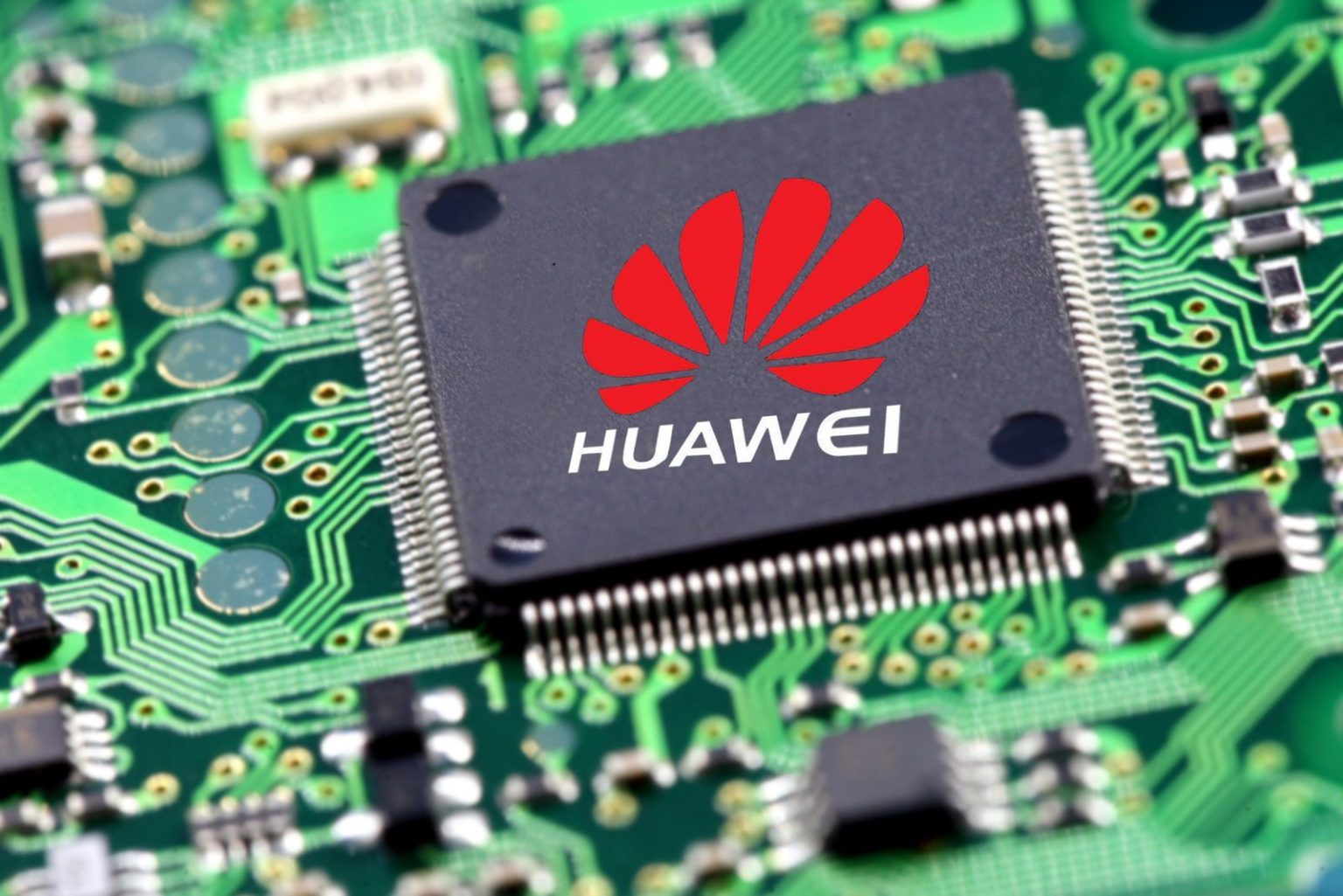Baidu has reportedly sought artificial intelligence chips from Huawei (HWT.UL) this year, signaling a shift in Chinese preferences amid increased U.S. pressure and restrictions on Nvidia’s products.
Baidu Order for Huawei’s 910B Ascend AI Chips

Two undisclosed sources revealed that Baidu, a prominent AI firm in China operating the Ernie large language model (LLM), placed the order for Huawei’s 910B Ascend AI chips in August. This move preceded anticipated U.S. government regulations tightening chip exports to China, particularly affecting Nvidia (NVDA.O).
The order, totaling approximately 450 million yuan ($61.83 million), involves 1,600 Huawei Ascend AI chips for 200 servers. By October, Huawei had reportedly fulfilled over 60% of the order, delivering around 1,000 chips. While the order’s scale is modest compared to historical purchases from Nvidia by leading Chinese tech firms, it signifies a notable development as Baidu, traditionally a Nvidia client, diversifies its chip suppliers.
Geopolitical Challenges and Strategic Diversification

Sources highlight the significance of this order as it illustrates a potential shift away from Nvidia, given the geopolitical challenges faced by Chinese companies. Despite Huawei’s Ascend chips currently being viewed as less powerful than Nvidia’s offerings, they represent a crucial domestic alternative for Chinese companies in the face of increasing restrictions.
Historical Associations with Nvidia

Baidu, Tencent, and Alibaba have historically been associated with Nvidia, but this move suggests a strategic move by Baidu towards Huawei’s offerings. Baidu’s collaboration with Huawei since 2020 to align its AI platform with Huawei hardware is also noted.
While Baidu has its Kunlun AI chips, which support large-scale AI computing, the company has heavily relied on Nvidia’s A100 chip for training its LLM. U.S. restrictions imposed last year on Nvidia’s A100 and H100 chips to China prompted the release of A800 and H800 chips as alternatives. However, the October rules have further limited Nvidia’s sales to China.
Pragmatic Response to Geopolitical Challenges

This order not only reflects a pragmatic response to geopolitical challenges but also aligns with Huawei’s broader efforts to advance its position in the domestic semiconductor industry. Huawei’s progress, despite export controls since 2019, includes the recent unveiling of a smartphone featuring internally developed processors and shipments of Chinese-made processors for surveillance cameras, signaling a potential resurgence.
Both Baidu and Huawei declined to comment, while Nvidia offered no official statement. Analysts foresee this situation as an opportunity for Huawei to expand its presence in the $7 billion Chinese market amid growing efforts to bolster the country’s semiconductor capabilities and reduce reliance on foreign technology.
Read More (AI)








